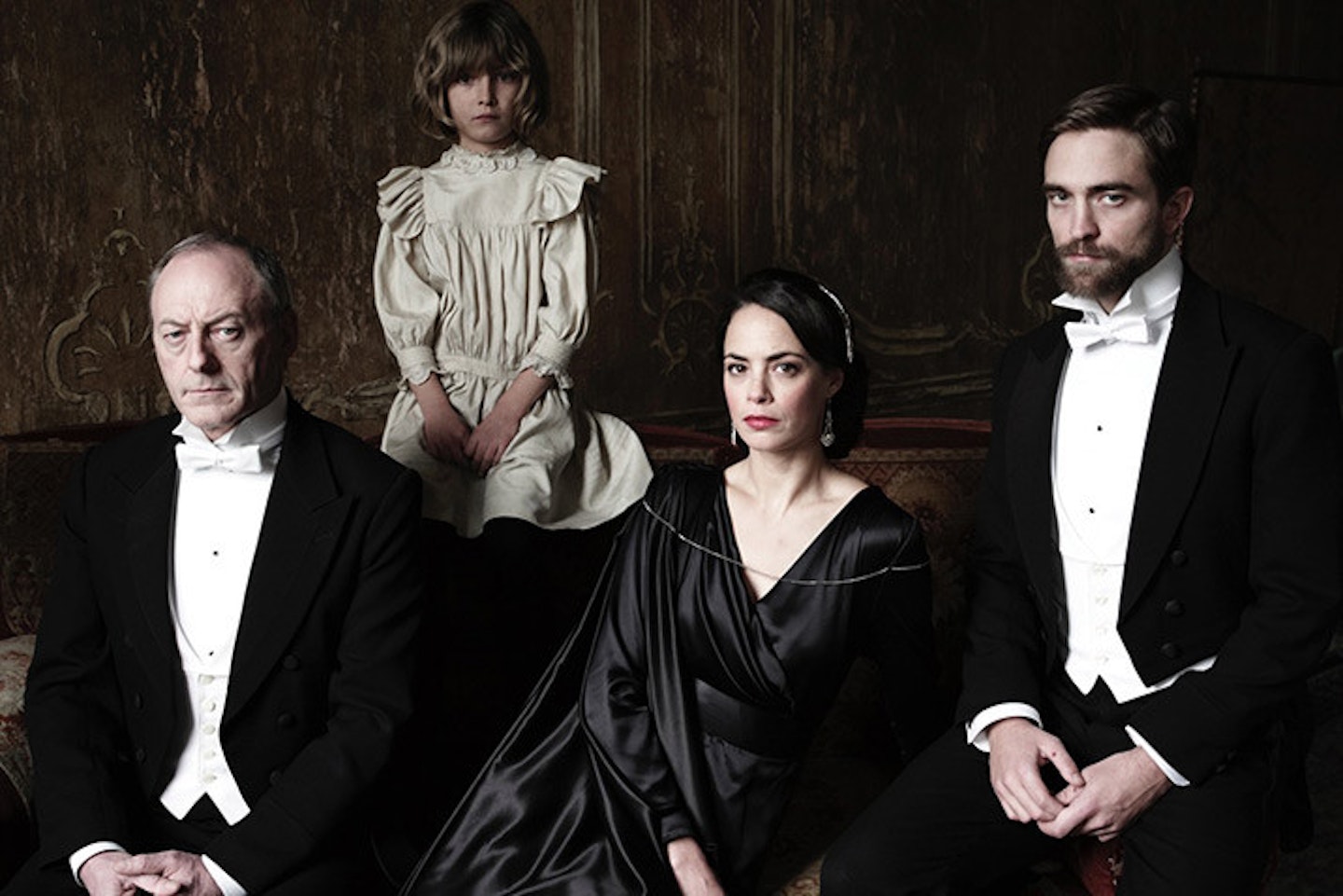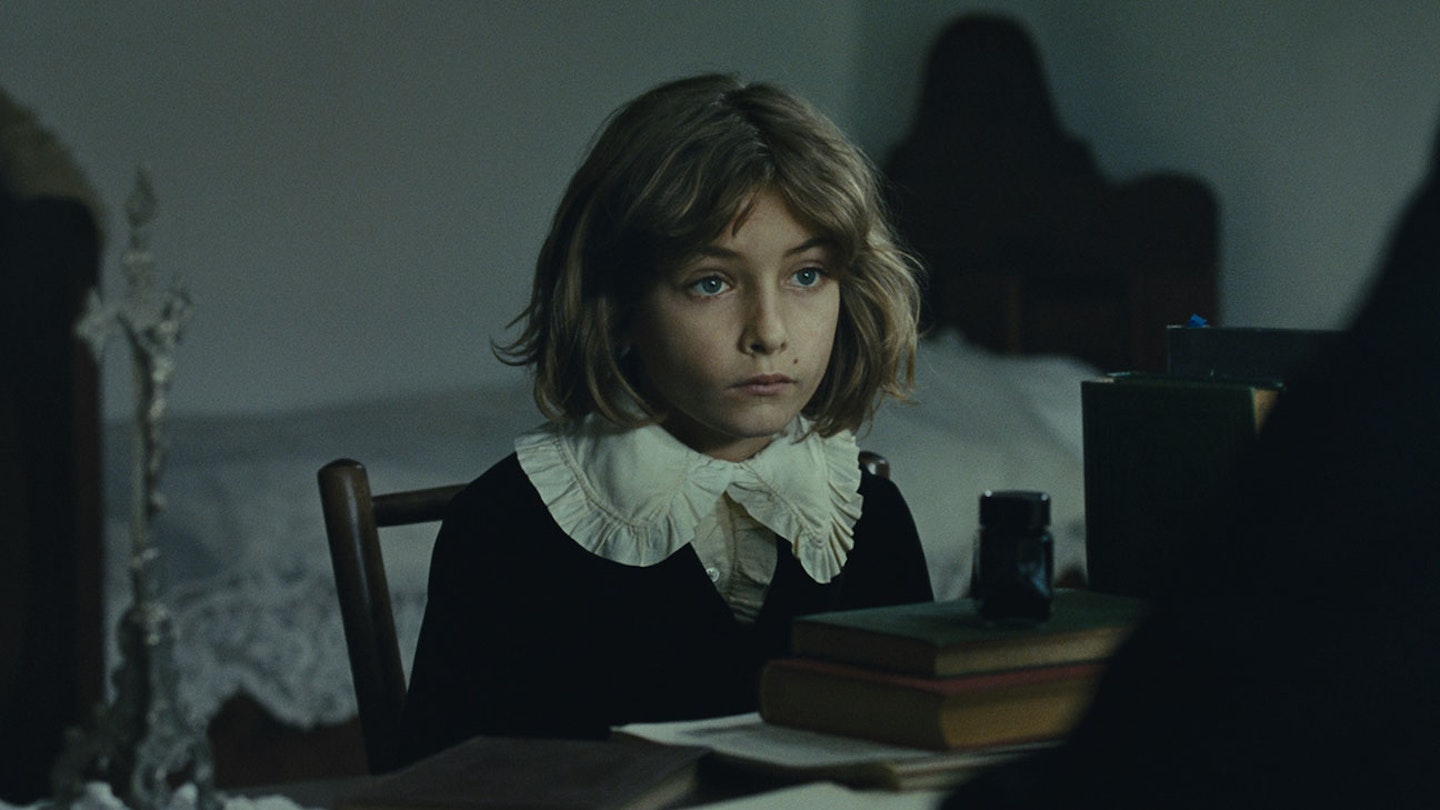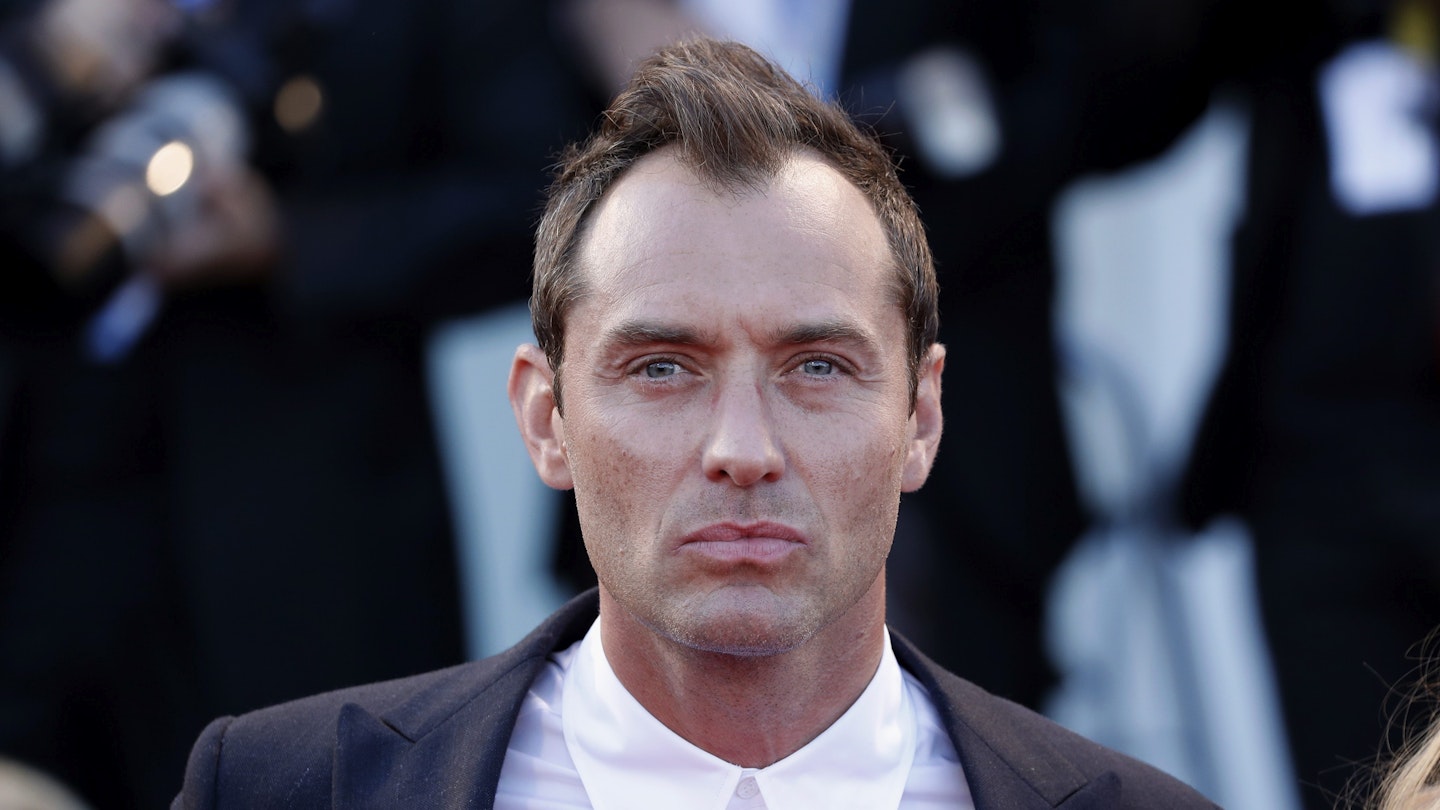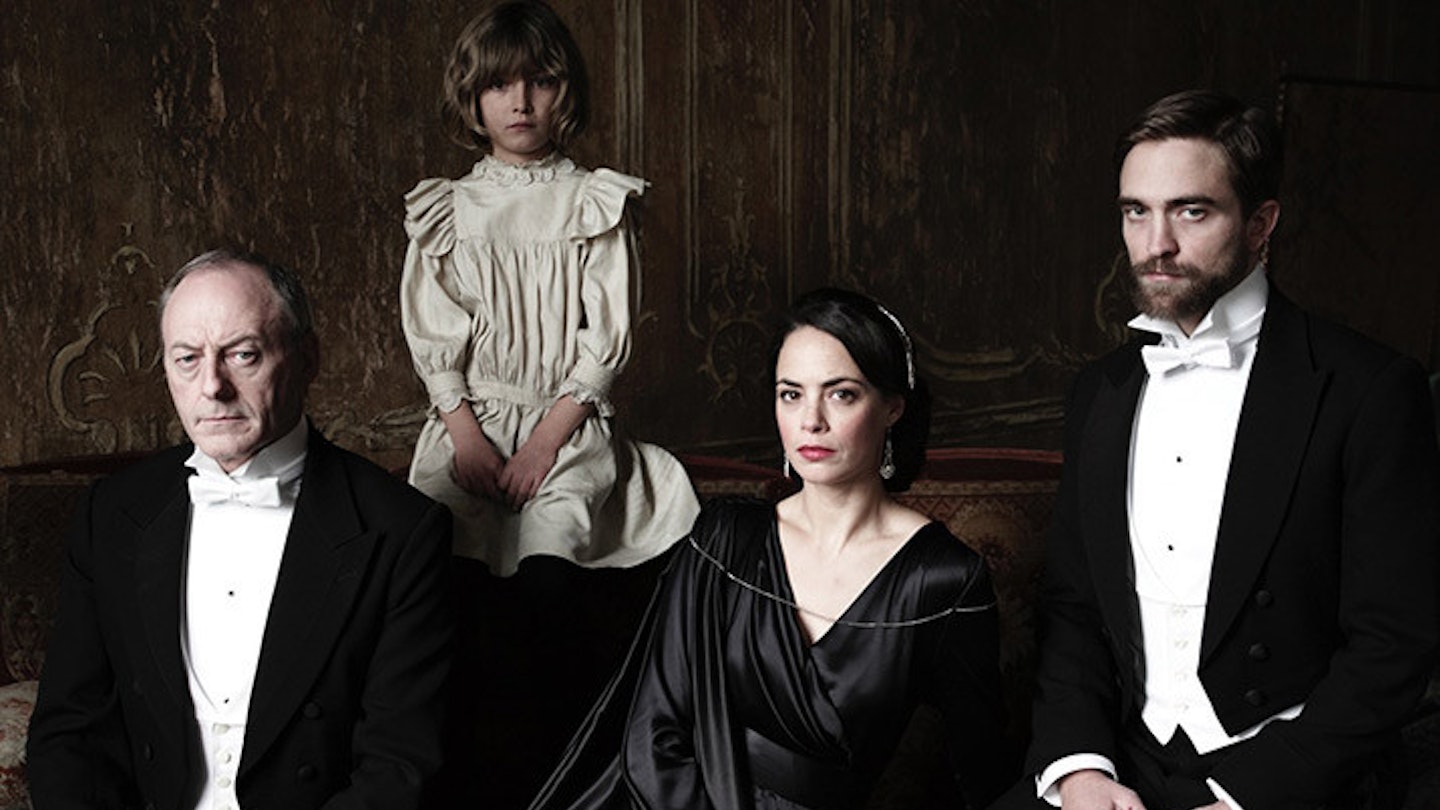A historical study set partly in a fictional world, 27 year-old Brady Corbet’s directing debut is impressive, unsettling and elusive. It’s a family drama in which the family in question barely functions and a period parable about the rise of fascism that feels seriously current.
Opening with a Pathé-style montage showing the end of World War I and the beginning of the Versailles peace conference, we meet its central characters in familiar terrain. Liam Cunningham’s gruff diplomat is distracted by his job as a member of Woodrow Wilson’s negotiating team; his wife Bérénice Bejo a society beauty resentful at having left New York life. Only when Robert Pattinson's flirtacious newsman breezes by for brandies and shop talk does she stir from her froideur.

Bored and neglected, their son, mop-topped ten year-old Prescott, amuses himself by lobbing stones at parishioners (a childhood hobby of Mussolini’s), before graduating to mind games with his tutor (Nymphomaniac’s Stacy Martin) and lazily twisting adults around his little finger. Played with eerie calm by English newcomer Tom Sweet, he’s possibly cinema’s scariest child since Damien.
Mop-topped ten year-old Prescott is possibly cinema’s scariest child since Damien.
With a jarring score written by ’60s pop star Scott Walker and shot with the shadowy elegance of a Rembrandt by 45 Years cinematographer Lol Crawley, it’s full of moments of dark magic. Prescott drifts through an unwelcoming adult world, rattling around the family’s rickety country pile, witnessing its diplomatic plotting and whispers of illicit affairs in a way that recalls loss-of-innocence classics such as Carol Reed’s The Fallen Idol and Joseph Losey’s The Go-Between. But growing, bit by bit, into an id-driven brat of terrifying self-will, he doesn’t have much innocence to lose, absorbing the friction like an AI on the verge of achieving sentience.
Corbet, who wrote the script with his partner Mona Fastvold, cites French thinker Jean-Paul Sartre (the title is taken from a Sartre short story) and the austere films of Robert Bresson and Carl Theodor Dreyer as influences. Michael Haneke’s The White Ribbon offers a more recent touchpoint. Like Haneke’s Third Reich origin story, Corbet’s film presents his grand metaphor for totalitarianism with chilly detachment. There are moments of humour — the golden-locked Prescott is mistaken for a girl by a string of visitors, to his annoyance — but as the story progresses, the shadows gather.
All this psychoanalysis can feel a little reductive — ‘Boyhood with Adolf’ — but Corbet subverts his Freudian nightmare in unexpected ways. Plot threads are discarded, red herrings sprinkled and tiny moments ring with greater significance. The dismissal of his nurse, the boy’s only ally, unleashes a burst of fury so pure it practically knocks you off balance. A hideously awkward encounter with his beautiful young tutor, meanwhile, has even more excruciating — and possibly sinister — ramifications. The misshaping of this young mind is troubling to witness. The greater irony is that it takes place among adults too immersed in peace talks to note the tiny dictator-in-the-making in their midst.
It adds up to a defiantly unconventional piece of storytelling. The only letdown is a fast-forward ending set in a fictional state a decade or two later that feels a touch too knowing. It offers a glib punchline to a story that’s just a bit too frightening to laugh at.




